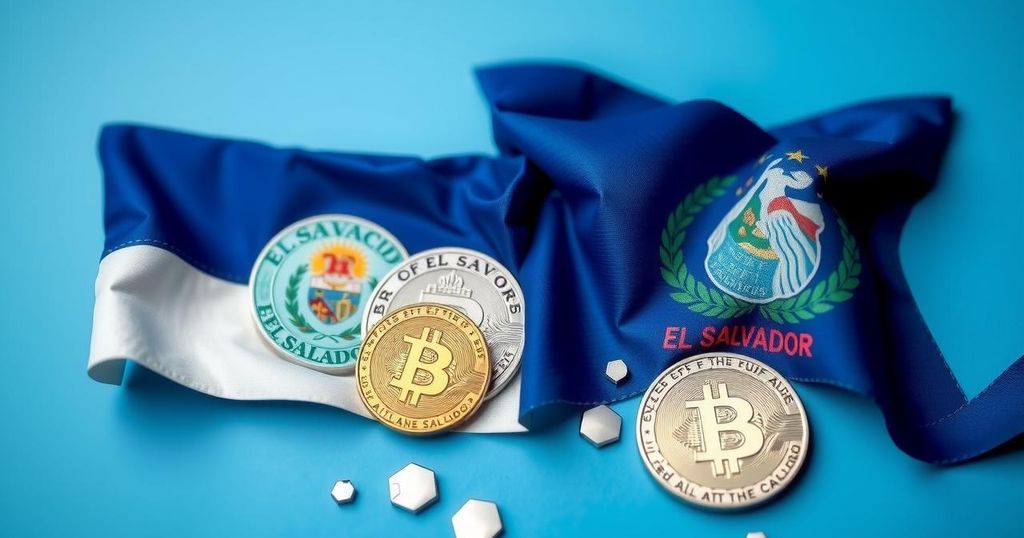El Salvador’s Bold Crypto Move: Trade With Russia and BRICS Aspirations
El Salvador proposes to use cryptocurrency for trade with Russia, seeking alternatives to traditional dollar reliance and aiming for BRICS membership. Amidst Ukraine-Russia tensions, the country’s neutrality and push for innovative trade solutions highlight its ambitions for foreign investment and economic independence.
In a notable development, El Salvador has taken a bold step towards embracing cryptocurrency for trade with Russia, as noted by Alexander Ilyukhin, a Russian diplomat based in Nicaragua. This Central American nation is pioneering the proposition of utilizing digital currencies as an alternative to traditional trade mechanisms, seeking to navigate the complexities posed by its dollarized economy. Amid the ongoing geopolitical tensions between Ukraine and Russia, the Salvadoran government aims to maintain neutrality while exploring new trade relationships, particularly with nations like Russia that are part of the burgeoning BRICS bloc.
The current intent to integrate cryptocurrency reflects El Salvador’s desire to alleviate challenges associated with reliance on the US dollar for international transactions. Ilyukhin mentioned the hurdles faced in financial exchanges due to the official currency constraints, stating, “We have difficulties with calculations because the official currency in El Salvador is the US dollar. As an alternative, El Salvador offers to use cryptocurrency in trade operations.” This innovative approach not only signifies El Salvador’s adaptability but also its strategic ambitions to attract foreign investments beyond traditional sources, specifically targeting BRICS nations.
Furthermore, the backdrop of the ongoing conflict in Ukraine adds a layer of complexity to El Salvador’s diplomatic maneuvers. President Volodymyr Zelensky has been pressing for support from Central American nations, yet El Salvador’s stance remains one of neutrality. In this dance of diplomacy, Ilyukhin confirmed that while establishing a bank for currency exchanges between the two nations is feasible, it poses a risk of entanglement in Western sanctions, making El Salvador’s cryptocurrency proposition even more appealing.
In an exciting twist, the diplomat revealed that El Salvador is considering formally applying for membership in the BRICS alliance within the next couple of years. He suggested that joining BRICS would empower El Salvador to attract significant foreign investment and lessen its dependence on Western financial systems, particularly those of the US and the World Bank. This ambition paints a picture of a nation striving to reposition itself on the global stage through innovation and strategic partnerships.
El Salvador has emerged as a focal point in the evolving landscape of cryptocurrency usage in international trade, especially as it seeks alternatives to traditional banking systems dominated by the US dollar. This move towards crypto reflects broader shifts in global finance, particularly in the wake of geopolitical crises, such as the ongoing tensions between Ukraine and Russia. El Salvador’s interest in joining BRICS aligns with its goal of diversifying economic partnerships and enhancing national sovereignty by fostering connections with non-Western powers, amidst pressures from the West.
El Salvador’s bold proposal to conduct trade with Russia using cryptocurrency marks a significant shift in how nations can navigate financial constraints posed by traditional currencies. As it aims to join the BRICS bloc, El Salvador is poised to enhance its international trade flexibility and attract foreign investments, all while striving to maintain a neutral stance amidst geopolitical conflicts. This strategy underscores the growing importance of digital currencies as tools for economic independence and innovation on the global stage.
Original Source: news.bitcoin.com




Post Comment